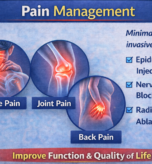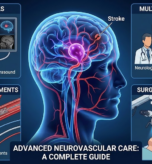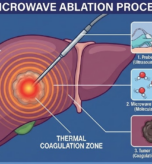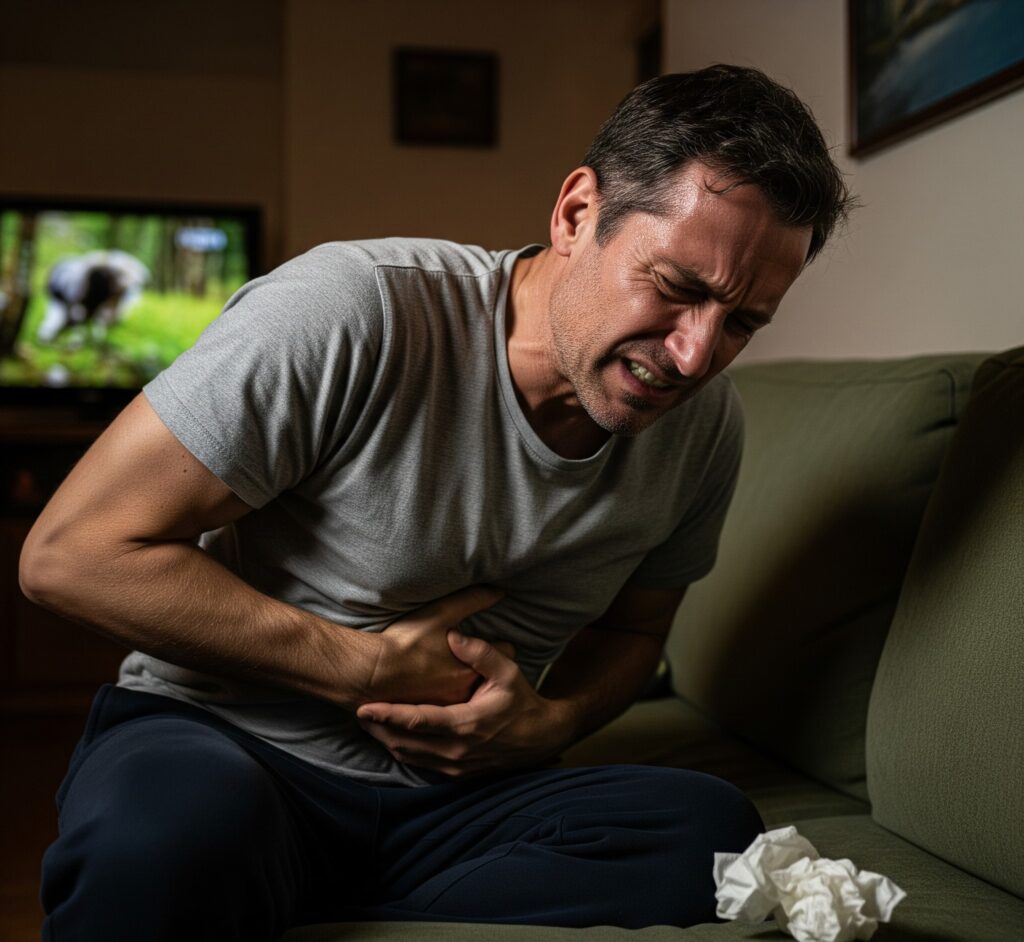
Introduction
Have you ever experienced sudden and sharp abdominal pain after a meal? Many people brush it off as acidity or indigestion, but in reality, it could be a gallbladder attack. Recognizing the early symptoms of a gallbladder attack is crucial because ignoring them may lead to serious complications. In this article, we’ll break down the signs of attack, its common causes, and even the foods that trigger gallbladder episodes—helping you take control of your digestive health before it’s too late.
What Exactly is a Gallbladder Attack?
A gallbladder attack happens when gallstones obstruct the flow of bile inside your digestive system. The gallbladder, a small organ under the liver, stores bile to aid in fat digestion. When bile flow gets blocked, it causes intense abdominal pain, nausea, and other distressing symptoms. Knowing the gallbladder attack causes can help you prevent future episodes and protect your long-term health.
Major Gallbladder Attack Symptoms You Must Watch Out For
1. Severe Abdominal Pain
Among the most common gallbladder symptoms is sudden pain in the upper right side of the abdomen. This pain often radiates to the shoulder or back and can last from 30 minutes to several hours.
2. Nausea and Vomiting
Frequent nausea after meals can be an early symptom of gallbladder issues. Many patients mistake this for food poisoning, but if vomiting is persistent, your gallbladder could be the culprit.
3. Digestive Discomfort and Bloating
Recurring indigestion, gas, and bloating—especially after fatty meals—are warning signs of gallbladder attack. Unlike normal indigestion, these symptoms repeat and worsen over time.
4. Jaundice
When gallstones block bile flow, bilirubin builds up in the body, causing yellowing of the skin and eyes. This is among the more dangerous gallbladder attack symptoms that demand immediate medical attention.
5. Fever and Chills
If you experience abdominal pain with fever or chills, it may point to infection in the gallbladder—a serious complication of gallbladder attacks.
Gallbladder Attack Causes You Should Know
Understanding gallbladder attack causes can help you manage your risks better. Some of the most common factors include:
- High-fat diet: Fried foods, dairy-heavy meals, and oily snacks increase the risk.
- Rapid weight loss: Crash dieting forces the liver to release extra cholesterol, leading to gallstone formation.
- Obesity: Extra body weight strains the gallbladder, increasing attack frequency.
- Medical conditions: Diabetes and liver disease are associated with higher gallbladder risks.
- Family history: Genetics play a role in gallstone development.
Foods That Trigger Gallbladder Attack
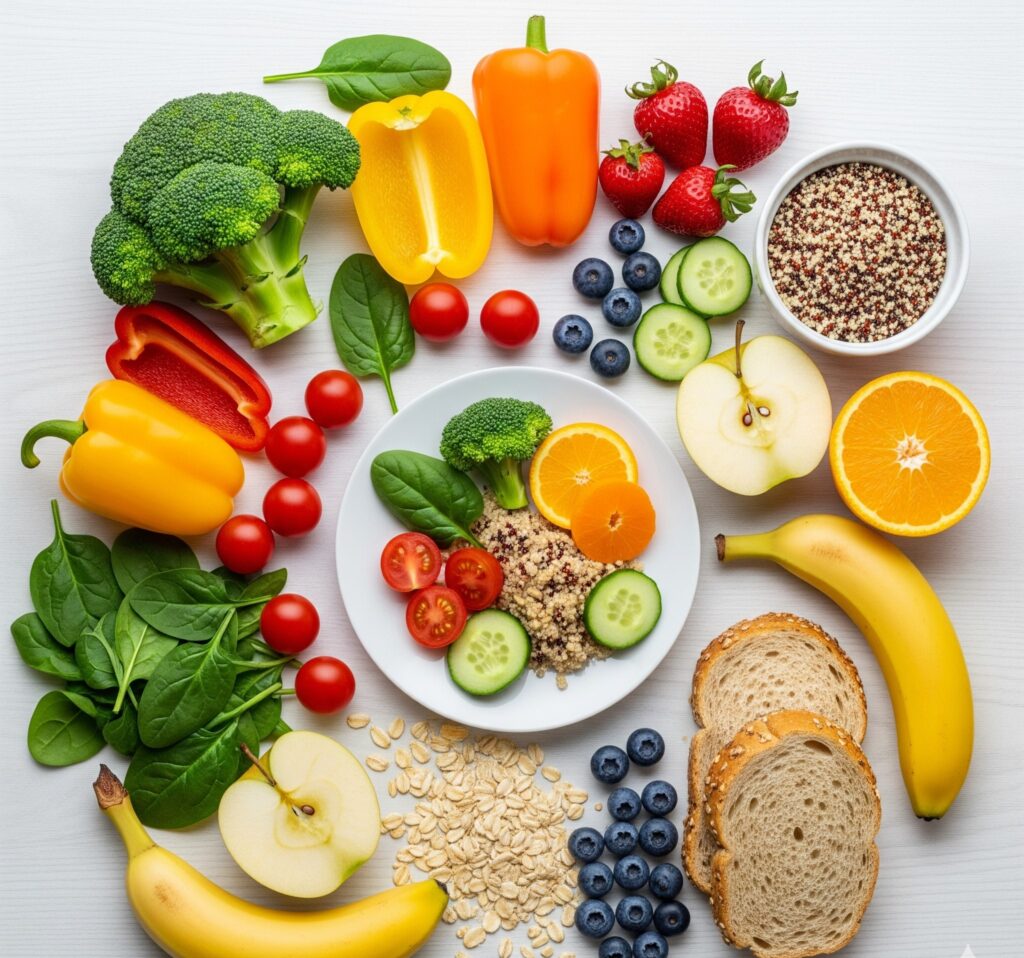
Certain foods are directly linked to gallbladder pain and flare-ups. To prevent attacks, limit:
- Deep-fried items like pakoras, fries, and chips
- Full-fat dairy such as cheese, butter, and cream
- Red meats with high fat content
- Processed foods with trans fats
- Sugary and refined carbohydrates
Switching to a low-fat, high-fiber diet with fruits, vegetables, and whole grains can significantly reduce the chances of future gallbladder issues.
Treatment & Solutions
Short-Term Relief
During an ongoing attack, avoid solid foods, sip water, and seek medical help. Painkillers may provide temporary comfort, but they don’t address the root cause.
Long-Term Prevention
- Maintain a healthy weight gradually
- Stay physically active to boost digestion
- Adopt a balanced diet and avoid foods that trigger gallbladder attack episodes
Medical Intervention
If attacks keep recurring, your doctor may recommend an ultrasound to check for gallstones. In severe cases, gallbladder removal surgery (laparoscopic cholecystectomy) is the most effective and permanent treatment.
Conclusion
Overlooking recurring abdominal discomfort can put your overall health at risk. Being aware of the early red flags, understanding the root causes, and avoiding trigger foods are key steps toward long-term digestive wellness.
At Dr. Vrishit Saraswat’s, we specialize in accurate diagnosis and minimally invasive treatments for gallbladder-related conditions. If you’re experiencing persistent abdominal pain, nausea, or digestive discomfort, don’t wait until complications develop. Book a consultation today and take proactive steps toward better health.
Your gallbladder health matters—act before it’s too late.




